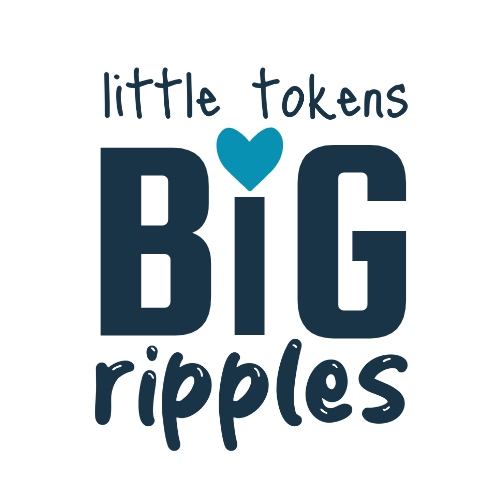On Beauty, Currency, and the Strange Liberation of Letting Go
This morning, Jeannie Ewing and I went deeper into our conversation around Beauty Culture.
After peeling back the layers of pressure and performance in our first conversation, we kept circling back to the questions that lingered:
What happens when the currency loses its value?
When the face that once opened doors becomes invisible?
When we’re told to “age gracefully”—and no one explains what that means or who gets to decide?
Jeannie shared the story of an 80-year-old woman who wrote asking if getting her eyebrows tattooed would be “too vain.” Eight decades into life, and still asking permission to feel comfortable in her own skin.
I talked about my daily reality—my husband telling me to “fix” my gray hair, the $250 I spent every six weeks for decades just to maintain an appearance that made others comfortable. I remembered the burgundy blunt-cut wig I bought when I felt sick and frail. How differently I was treated in Jamaica when I wore it. How even my eight-year-old daughter noticed.
We talked about the cruelest irony: that men become “distinguished” with age while women are taught to fear becoming invisible, irrelevant and discarded.
But something else emerged, too. The recognition that this invisibility—this release from being constantly looked at and judged—can become its own form of freedom.
When you stop performing beauty for others, what’s left? When you’re no longer trying to earn your worth through appearance, who do you become?
Jeannie spoke about her daughter Sarah, whose face doesn’t conform to cultural expectations but whose presence has become a quiet revolution. In a craniofacial conference, watching strangers gape and turn their heads, she realized how starved our culture is of diverse representations of humanity.
I shared about finally—at 46—discovering my worth independently of how I look. About choosing the privilege of being alive over the exhaustion of constant maintenance. About asking myself why I need mascara for the women entrepreneurs meeting but not for school pickup.
These are our stories, shaped by our particular experiences as middle-aged women navigating beauty culture and belonging. Your story might look completely different—and we want to hear it.
Maybe you've found joy and confidence in beauty rituals.
Maybe aging has brought unexpected freedoms we haven’t considered.
Maybe you’re struggling with questions we didn’t touch on, or you’ve discovered wisdom in places we haven’t looked.
This isn’t about finding the “right” way to age or the “correct” relationship with beauty. It’s about creating space for the honest conversations we rarely have—the ones that acknowledge both the pain and possibility of inhabiting these changing bodies in a culture obsessed with youth.
What we’re learning is that worth doesn’t depreciate with age. That visibility isn’t the only way to matter. That maybe, after decades of performing acceptability, we can finally choose presence over perfection. True joy over what feels fabricated or “acceptable.”
But we’re still figuring it out. And we suspect you are, too.
Some questions for reflection:
What has your relationship with beauty and aging taught you that you didn’t expect?
Where do you find yourself performing for others, and where do you feel most authentically yourself?
What messages about aging—spoken or unspoken—did you absorb growing up, and how are they serving you now?
If beauty standards didn’t exist, how would you choose to care for yourself and present to the world?
What do you want the young people in your life to understand about worth, beauty, and the privilege of growing older?
Your perspective matters. Whether you agree with us or see things differently, whether you’re 25 or 75, whether beauty has been burden or blessing in your life—we want to hear from you.
This conversation doesn’t end here.

